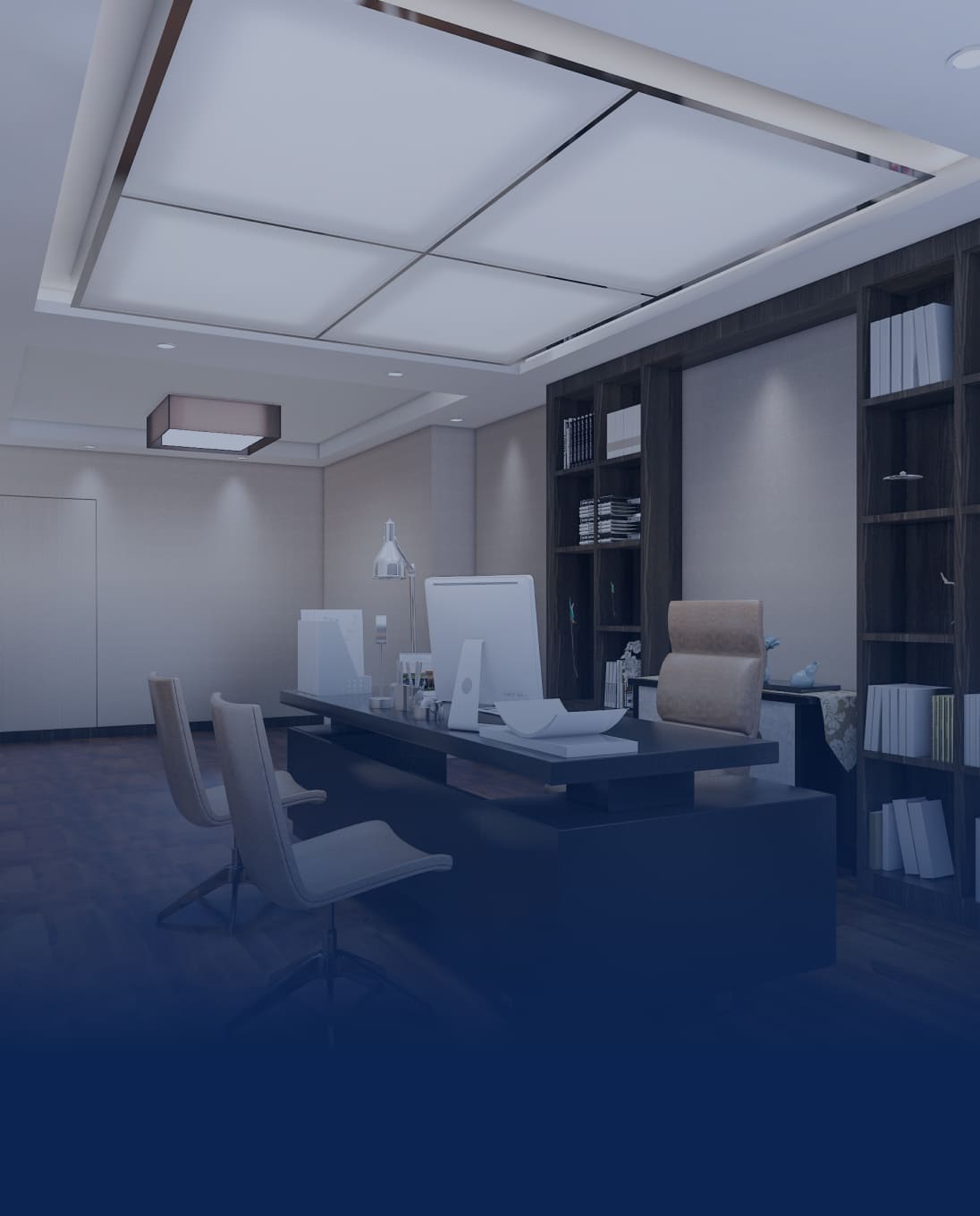Arbitration Mediation Lawyer Serving Edmonton
The litigation process can be both time extensive and costly, resulting in higher stress, pressure, and increased tensions between the parties involved. However, litigation through the court process is not the only avenue for parties to resolve their issues. Alternative Dispute Resolution (ADR) is an umbrella term that is applied to many distinct forms of dispute resolution and is a means of resolving disputes outside the traditional litigation process. ADR has become more frequently used within the Edmonton and greater Alberta legal landscape. Forms of ADR include arbitration and mediation.
Arbitration involves the parties agreeing to refer the dispute to a third party who provides a judgement.
In contrast, mediation is a collaborative procedure in which parties engage a neutral third party, known as a mediator, to help them resolve their dispute.
Understanding Arbitration
Arbitration is a process that involves parties submitting a dispute to a neutral third party and contract with one another to be bound by the decision made by the neutral third party. The role of the arbitrator is to treat the parties equally and fairly while providing the opportunity for each party to present their case and respond to the other party’s case.
The advantages of arbitration in resolving disputes include:
- Choice of the arbitrator;
- Timeliness of the process;
- Privacy; and
- Flexibility.
The Mediation Process
In contrast, mediation involves a neutral mediator which assists the parties in improving their understanding and communication so that the parties can come to an agreement on their issues.
The role of the Mediator is to remain as a neutral party to the dispute, unlike the arbitration process the Mediator does not decide the dispute nor imposes a solution to the dispute upon the parties.
The advantages of the mediation in resolving disputes include:
- Neutralizing the effect of cognitive biases;
- Provoking new thoughts;
- Challenging the parties’ perspectives and beliefs about their dispute;
- Devise multi-dimensional settlement options unavailable to courts or arbitrators; and
- Assist the parties in crafting a competent and durable settlement agreement.
Alternative Dispute Resolution (ADR) Explained
If the parties elect to enter into a mediation to resolve their dispute process and no agreement or settlement results, typically the arbitration begins as a result of the failed mediation. One party or counsel for that party must invoked the arbitration process which is done through the Arbitration Act.
ADR offers a comprehensive solution by allowing parties to a dispute to have their voice be heard in the presence of a third party. Mediation encourages the parties to engage in finding a solution amongst themselves while arbitration allows parties to plead their case and have an arbitrator decide on the issue.
ADR processes have increased throughout Edmonton’s legal landscape. For instance, in the family law context, parties must satisfy some form of ADR prior to continuing with litigation. Some forms of ADR in a family law context could be satisfied by way of 4-way settlement meeting and/or an Early Intervention Case Conference (EICC).
Why Choose Our Arbitration and Mediation Services in Edmonton
Our legal team is well versed and experienced in vast areas of the law and possess the expertise to resolve disputes using ADR processes such as arbitration and mediation. Our approach to ADR is inherently client-centered, prioritizing the needs and interests of the parties involved to ensure a fair and satisfactory resolution to their dispute.
Case Studies and Success Stories
In family law, given the heavy costs, lengthy delays, high conflict and complicated processes to litigation, ADR forms such as a 4-way settlement meeting or EICC may invoke parties to set their differences aside and cooperate with one another to come to an agreement. An evaluation of the success rate of EICC’s published in a 2018 pilot project revealed that 20.4% of EICC’s, all issues in dispute were resolved and resulted in a final order and about 32.5% resulted in all issues being settled in either a final or interim order. Further, 28.2% of issues were partially resolved and in 14.6% of cases no issues were resolved.
The family law courts in Edmonton are adamant at directing counsel and parties to a form of ADR to engage in meaningful discussions prior to continuing with litigation as these forms of ADR have shown to produce significant results in settling disputes between parties.
Conclusion
In conclusion, ADR processes, including mediation and arbitration, play a vital role in resolving conflicts efficiently and amicably. Parties attending ADR benefit from reduced time and cost, greater control over outcomes, and preservation of relationships. ADR fosters compromise and creative solutions, making it a preferred choice for many legal disputes. Parties attending some form of ADR reflects a commitment to constructive problem-solving and is an essential forum for parties to resolve their legal issues given the current complexity and congested legal landscape.



















